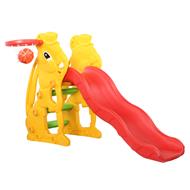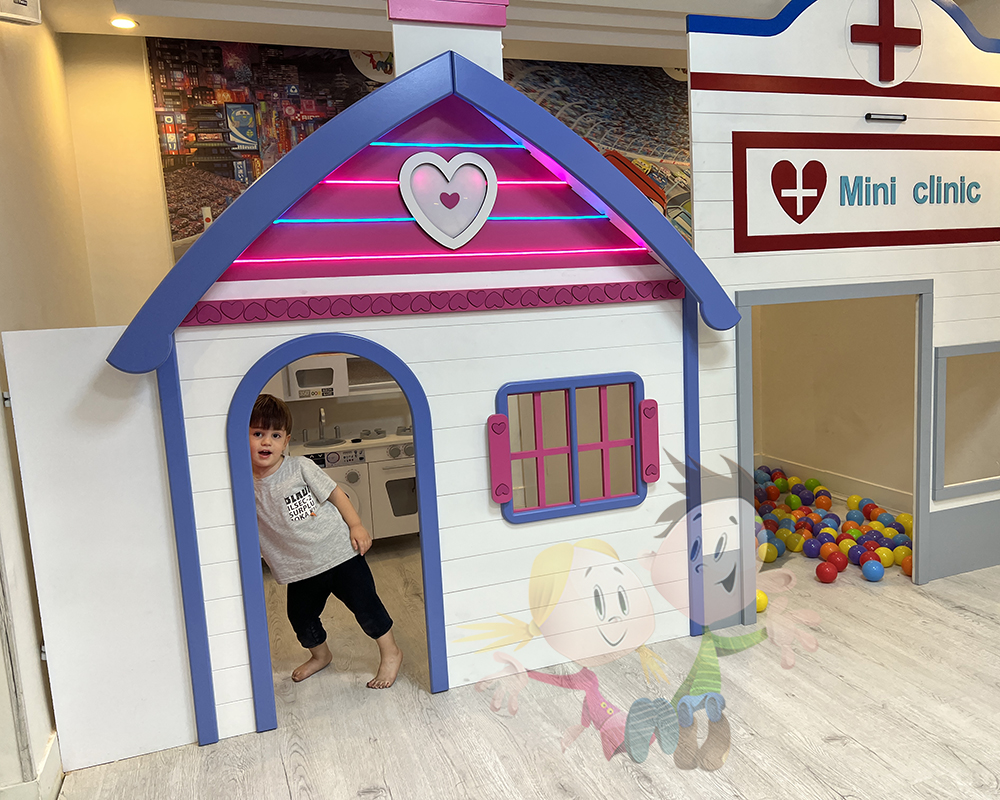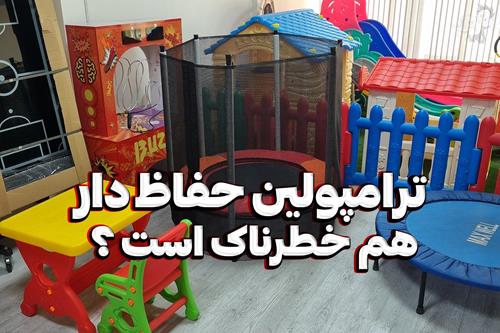
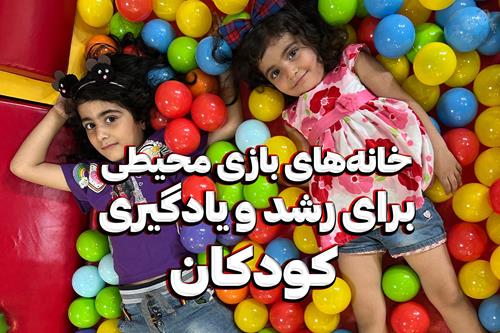

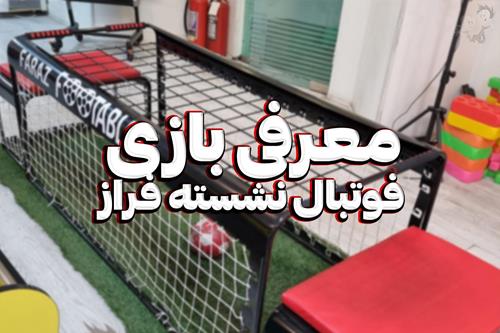

Air hockey on the table is an exciting and fun sport

Introducing the game Hand Speed or Handix

The prominent role of video game consoles in the evolution of amusement parks
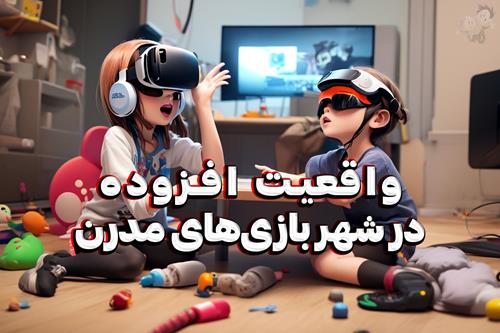
Augmented reality in the city of modern games
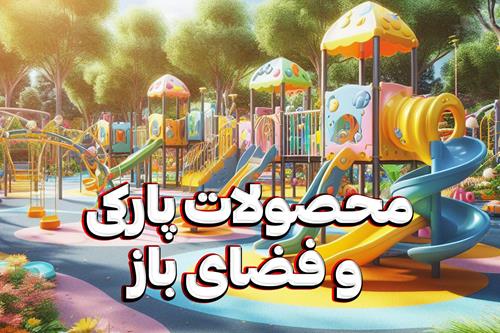
Park and outdoor products - beauty, safety and entertainment in the field of playground equipment
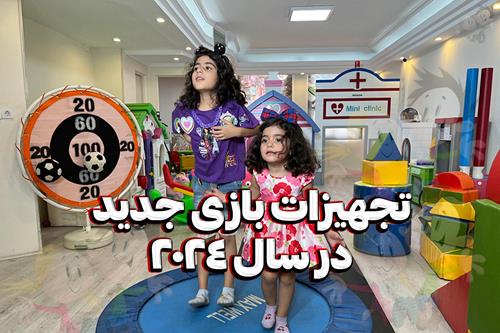
New playground equipment, a look at the latest technologies in 2024
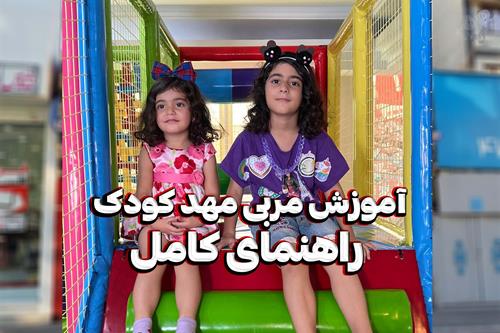
Kindergarten teacher training complete guide
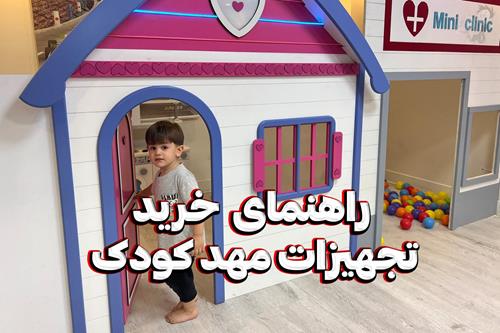
Kindergarten equipment is a complete guide to providing a safe and educational environment for children
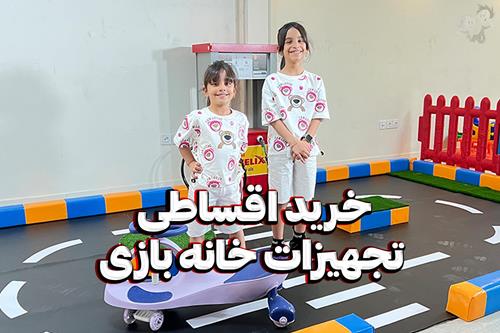
Installment purchase of playhouse and kindergarten equipment, advantages and disadvantages
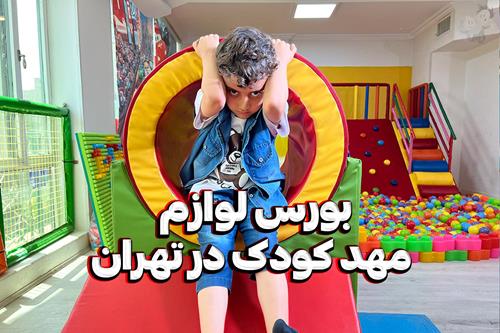
Kindergarten supplies exchange in Tehran
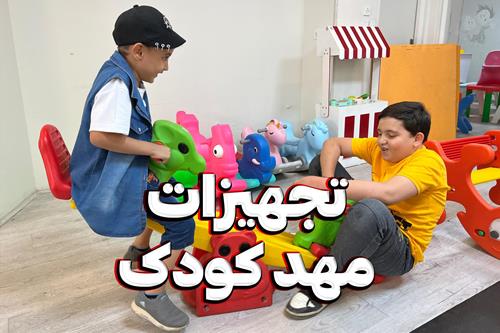
Kindergarten equipment and supplies
Kindergarten teacher training complete guide
no equivalent
Kindergarten Teacher Training: A Comprehensive Guide
Introduction
The training of a kindergarten teacher is one of the most fair responsibilities in the field of raising children. Kindergarten is a strategic educational process for the development of children's intelligence, movement and emotions. In this article, the basic steps and skills for training kindergarten teachers will be discussed extensively.
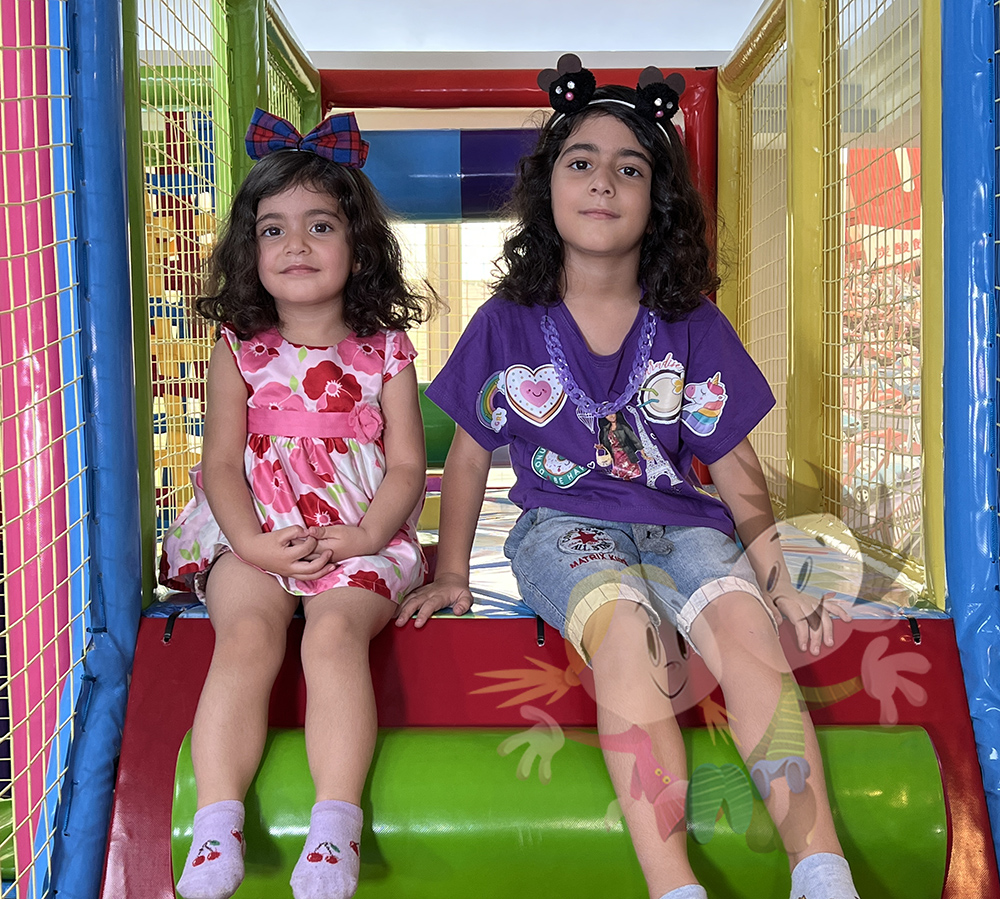
First part: Knowing the stages of child development
A more detailed explanation of the stages of child development
In this section, a more detailed review of each of the child's development periods will be done. We will examine the needs, skills and development stages of children from infancy to elementary school. Also, the relationship between different stages of development will also be considered.
Conclusion
Accurate knowledge of child development periods is the most basic basis for designing a suitable educational program. This allows educators to more accurately respond to the needs and abilities of children at each stage.
Part II: Communication skills
Effective communication with children
Communication skills are very important in kindergarten education. Effective communication with children is the most essential factor for creating a healthy and effective educational environment. This section introduces communication techniques and strategies, including open conversations and examining children's feelings.
Effective communication with parents
Also, effective communication with parents also plays a significant role in kindergarten education. Positive interaction with parents in order to improve the process of children's education is very important.
Conclusion
The ability to communicate effectively with children and parents allows educators to improve the educational process and have a positive impact on children's development.
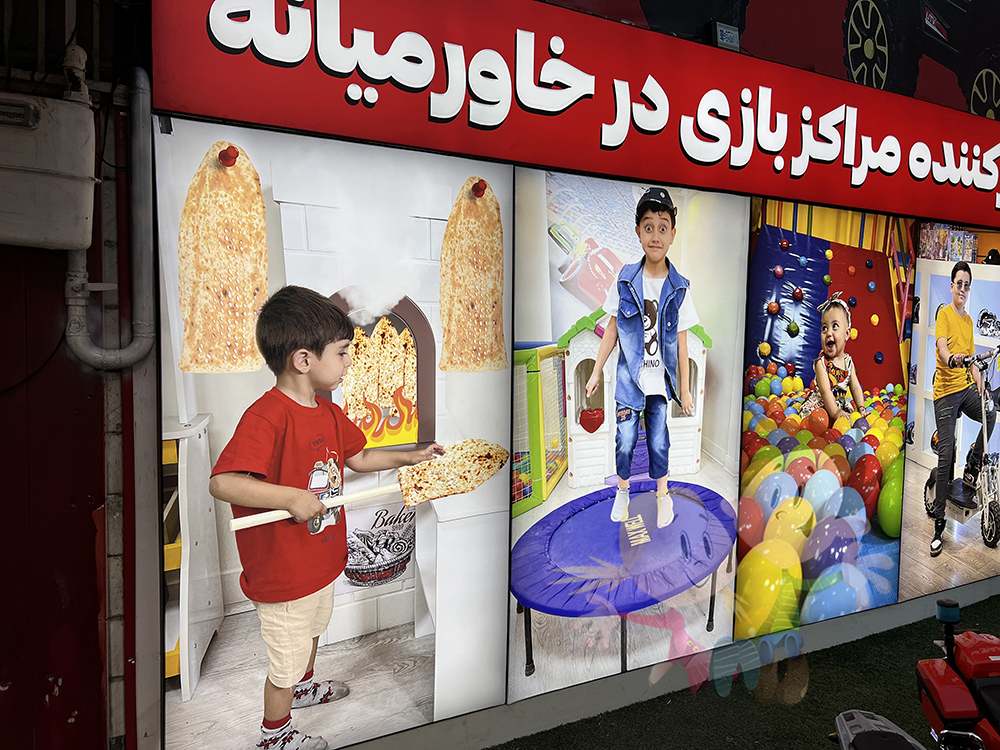
The third part: planning and educational activities
Personalized planning
Regular and detailed planning for educational activities is very important. This planning should have a special development according to the needs of each child in order to guarantee the optimal growth and development of children.
Various teaching methods
In this section, effective methods are introduced in planning and implementing educational activities. The variety of activities, attention to the individual needs of each child and the use of appropriate educational tools are among these methods.
Conclusion
Detailed and personalized planning of educational activities allows educators to provide educational programs based on the needs and abilities of each child, which helps to improve the learning process and development of each individual.
The fourth part: Management of behaviors
Managing children's behaviors
Managing children's behavior is one of the basic challenges in kindergarten. This section examines effective techniques and methods in managing undesirable behaviors and encouraging positive behaviors.
Ability to identify needs
Educators must have the ability to recognize children's needs and behavioral issues so that they can help them with appropriate methods.
Conclusion
The ability to manage children's behavior is very important and allows educators to improve the educational environment and children to achieve better learning.
Fifth section: motor and cognitive development
Motor development of children
Children's motor development is one of the main goals in kindergarten. This section introduces physical activities and appropriate exercises to improve children's motor skills.
Cognitive enhancement
In addition to motor development, cognitive enhancement is also critical. Activities that are designed based on scientific principles can take advantage of children's mental abilities in the best way.
Conclusion
Children's motor and cognitive development is of great importance and allows educators to effectively help children grow fully and healthy.
total resulting
Kindergarten teacher education improves the quality of children's educational environment. With a detailed understanding of children's development periods, effective communication, appropriate planning and behavior management, educators can play a significant role in children's healthy growth and development.
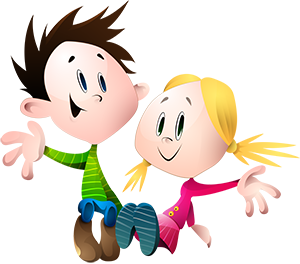



 Category
Category
